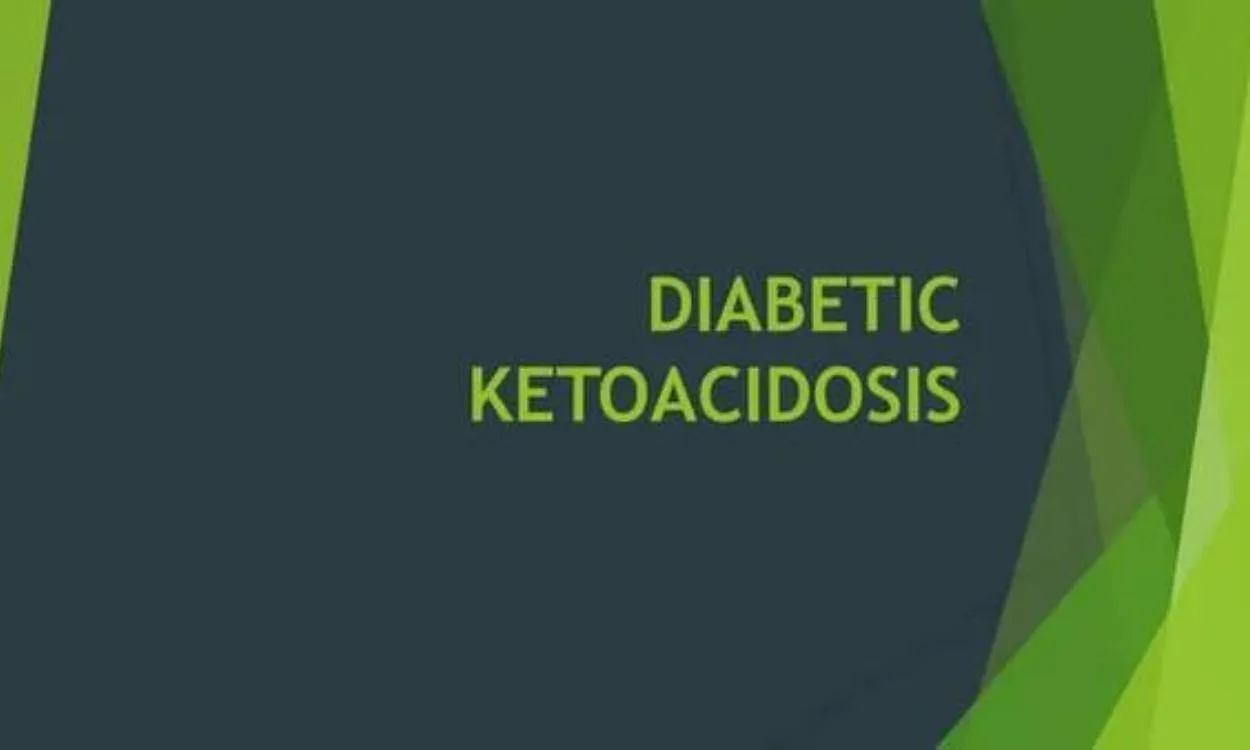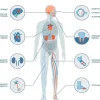Diabetic Ketoacidosis: Understanding and Managing a Life-Threatening Condition
Introduction:
Diabetic ketoacidosis (DKA) is a serious and potentially life-threatening complication that can occur in individuals with diabetes. It is essential to understand the causes, symptoms, and treatment of DKA to ensure timely intervention. In this comprehensive guide, we will delve into the topic of diabetic ketoacidosis, discuss its treatment options, and shed light on how Fitpaa app can support individuals in managing their diabetes effectively.
I. What is Diabetic Ketoacidosis?
Diabetic ketoacidosis, often referred to as DKA, is a severe complication primarily affecting individuals with type 1 diabetes, but it can also occur in some cases of type 2 diabetes. DKA is characterized by high blood sugar levels (hyperglycemia) and the accumulation of ketones in the blood. Ketones are acidic byproducts produced when the body breaks down fat for energy in the absence of sufficient insulin.
A. Causes of Diabetic Ketoacidosis:
1. Insufficient Insulin: A lack of insulin or inadequate insulin levels in the body prevents glucose from entering the cells, leading to increased blood sugar levels.
2. Missed Insulin Injections: Skipping or inadequate insulin injections can disrupt the balance of glucose and insulin in the body.
3. Illness/Infection: Infections or illnesses such as the flu or urinary tract infections can trigger the release of stress hormones, which can interfere with insulin action and contribute to DKA.
4. High-Stress Situations: Physical or emotional stress, such as trauma or surgery, can trigger a release of stress hormones that raise blood sugar levels.
II. Symptoms of Diabetic Ketoacidosis:
Recognizing the signs and symptoms of DKA is crucial for timely detection and treatment. Prompt medical attention is essential in preventing complications associated with DKA. Common symptoms include:
1. Excessive Thirst (Polydipsia): Feeling constantly thirsty and consuming large amounts of fluids.
2. Frequent Urination (Polyuria): Having to urinate frequently, even during the night.
3. Fatigue and Weakness: Feeling excessively tired and lacking energy.
4. Abdominal Pain and Vomiting: Experiencing severe abdominal pain, nausea, and vomiting.
5. Rapid Breathing (Kussmaul Breathing): Breathing more rapidly and deeply than usual, as the body tries to eliminate excess acid from the blood.
6. Fruit-Like Breath Odor: A distinctive fruity or acetone odor on the breath due to the presence of ketones.
III. Diabetic Ketoacidosis Treatment:
Prompt and appropriate treatment is vital to managing DKA effectively and ensuring a successful recovery. Treatment options for DKA may include the following:
A. Fluid Replacement: Intravenous fluids are administered to replace fluid losses and correct dehydration. Electrolytes, such as sodium, potassium, and bicarbonate, are also replenished.
B. Insulin Therapy: Regular insulin is administered through an intravenous line to lower blood sugar levels and halt ketone production.
C. Correction of Electrolyte Imbalances: Blood tests are conducted to assess electrolyte levels, and appropriate measures are taken to restore balance.
D. Underlying Cause Treatment: Treating any underlying infection or illness that may have triggered DKA is crucial to prevent its recurrence.
E. Continuous Monitoring: Close monitoring of blood sugar levels, electrolyte levels, and ketone levels is necessary to guide treatment adjustments.
IV. Fitpaa App: Personalized Support for Diabetes Management:
Managing diabetes effectively requires a comprehensive approach that encompasses diet, exercise, medication, and lifestyle modifications. Fitpaa app offers an all-in-one solution for individuals seeking to manage their diabetes and overall health.
A. Personalized Care: Fitpaa provides a team of experienced professionals, including nutritionists, fitness coaches, and doctors, who work together to develop a personalized Fitpaa Capsule based on your specific needs and goals.
B. Metabolism Assessment: Fitpaa’s advanced monitoring technology assesses your metabolism, identifying the root causes of your health conditions and helping tailor a suitable plan.
C. Fitpaa Capsule: Based on your metabolism assessment, Fitpaa creates a personalized Fitpaa Capsule integrating medical therapy, exercise therapy, nutrition therapy, and cognitive behavioral therapy. This holistic approach optimizes your metabolism and aids in achieving health and fitness goals.
D. Real-Time Guidance: Fitpaa app provides real-time guidance, habit-building techniques, and timely reminders to keep you motivated and accountable throughout the day. The app includes a virtual workout trainer, diet tracker, performance tracker, and progress tracker.
E. Expert Support: Fitpaa’s team of fitness planners, nutritionists, trainers, and doctors regularly review your progress, make necessary adjustments, and provide unlimited consultations to ensure you stay on track.
Conclusion:
Diabetic ketoacidosis is a serious condition that requires prompt medical attention and appropriate treatment. By understanding the causes, symptoms, and treatment options for DKA, individuals can take proactive steps to manage their diabetes effectively. Fitpaa app offers personalized care and support, empowering individuals to achieve their health and fitness goals while effectively managing their diabetes. Download the Fitpaa app today to experience the transformative power of personalized health and fitness guidance. Take control of your diabetes and embrace a healthier, more fulfilling life today.









